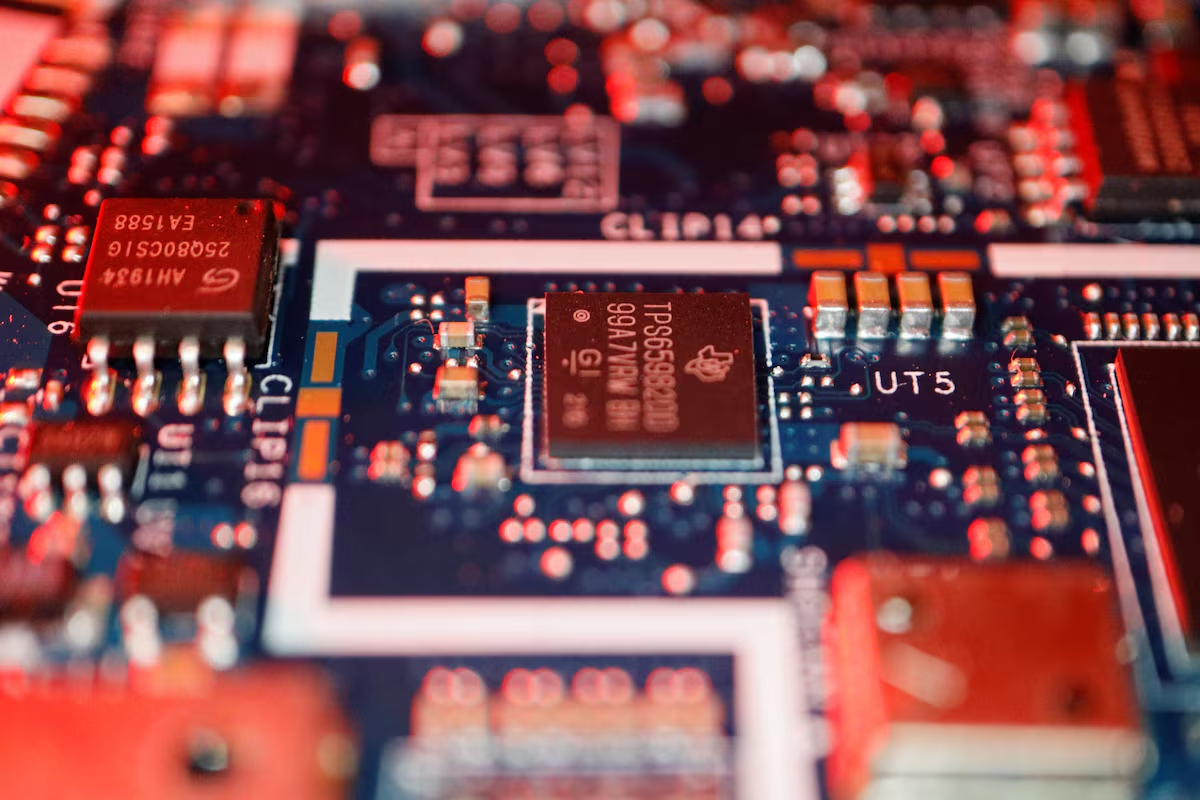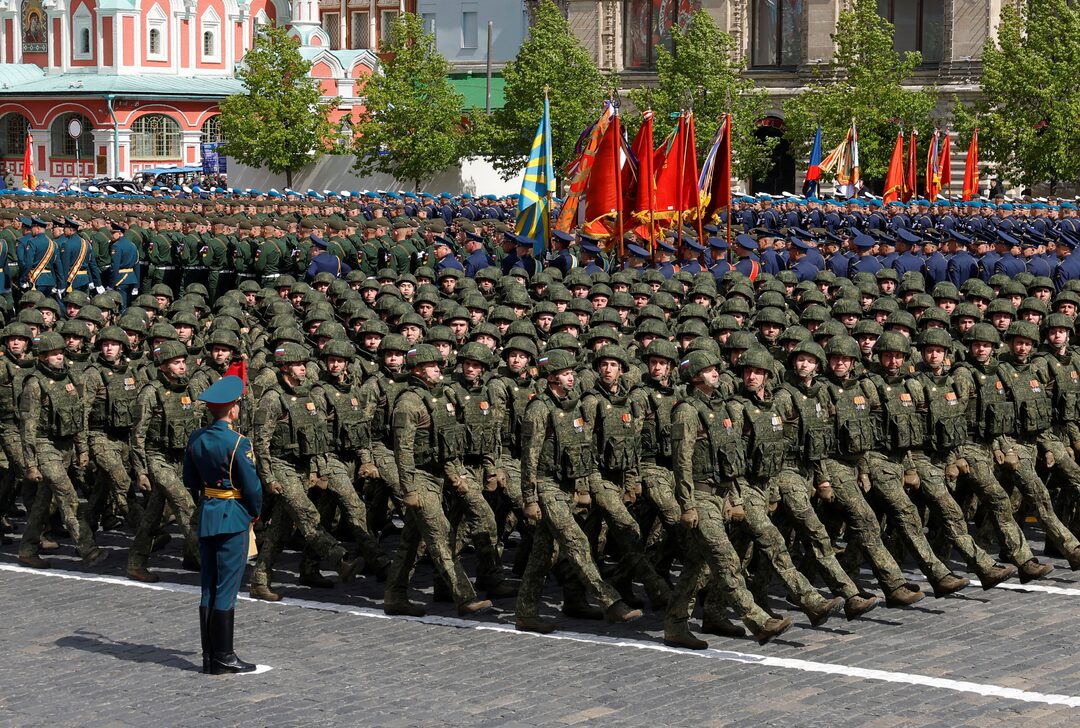
April 29, 2025
The Trump administration is evaluating significant modifications to a Biden-era policy that restricts global access to advanced artificial intelligence (AI) chips. The current regulation, known as the Framework for Artificial Intelligence Diffusion, categorizes countries into three tiers, determining their access levels to U.S.-made AI semiconductors. Tier 1 includes 17 countries and Taiwan with unrestricted access; Tier 2 encompasses approximately 120 nations with capped access; and Tier 3 comprises countries like China, Russia, Iran, and North Korea, which are barred from obtaining these chips.
Sources indicate that Trump officials are contemplating replacing this tiered system with a global licensing approach based on government-to-government agreements. Such a shift would align with President Trump’s broader trade strategy, potentially using AI chip access as leverage in international negotiations. Additionally, the administration is considering lowering the threshold for unrestricted chip orders from the equivalent of 1,700 Nvidia H100 chips to 500, aiming to tighten control over high-end semiconductor distribution.
Critics argue that the existing tiered framework may inadvertently push countries to seek alternatives from nations like China, potentially undermining U.S. trade interests. Major U.S. companies, including Oracle and Nvidia, have expressed concerns that the current restrictions could negatively impact their competitiveness in the global market.
The proposed changes are still under discussion, with final decisions pending. The outcome will likely have significant implications for international trade relations and the global technology landscape.
Source: Reuters


